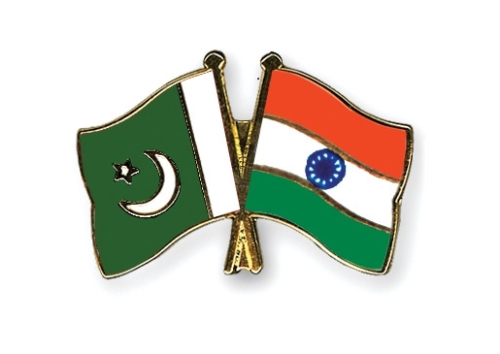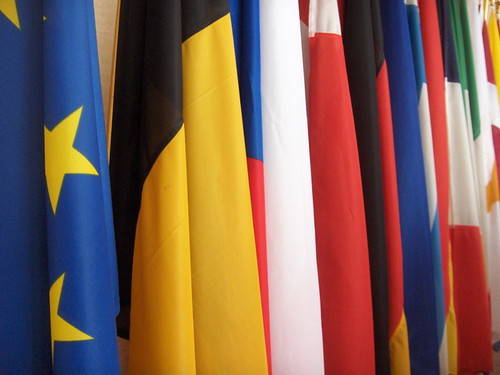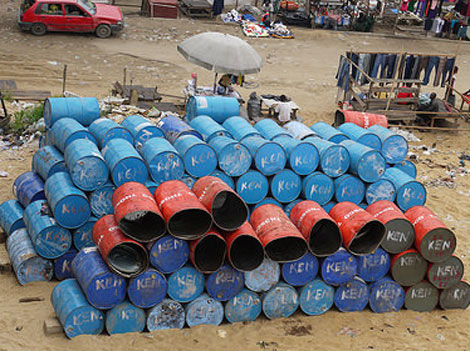
This article was originally published by openDemocracy on 10 January 2015.
International constraint and mutual nuclear deterrence may have prevented all-out war with Pakistan in the past over contested Kashmir. With thousands fleeing their homes amid escalating violence, that may not remain a secure wager.
Rising tension at the Line of Control (LoC) between India and Pakistan is putting in question the widely-held assumption that their conflict will not escalate to an all-out conventional or even nuclear war. International concern has extended to the US, previously resistant to mediating in the Kashmir dispute.
This is at the heart of the existential rivalry between the two states. Kashmir has become so symbolically significant to both India and Pakistan that they are beset by zero-sum thinking, though a resolution would potentially put an end to their hostilities. In the current context that seems unlikely.





